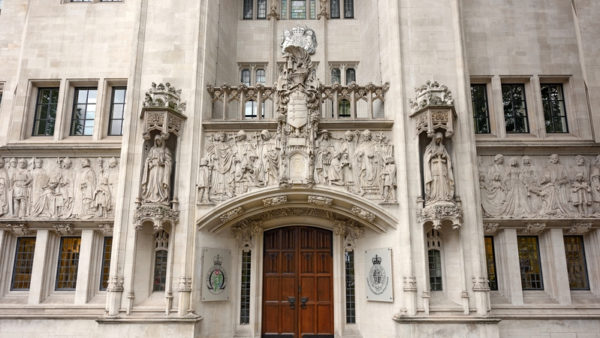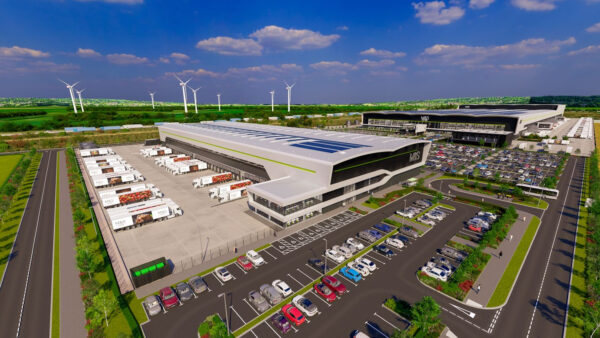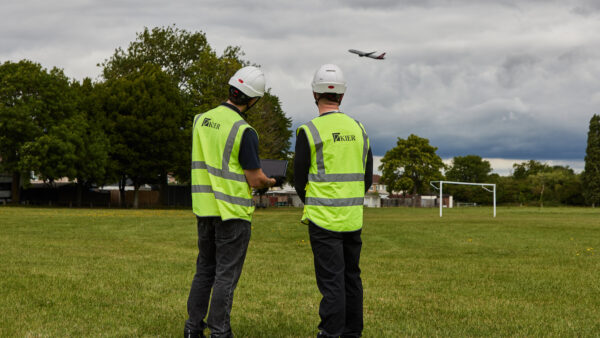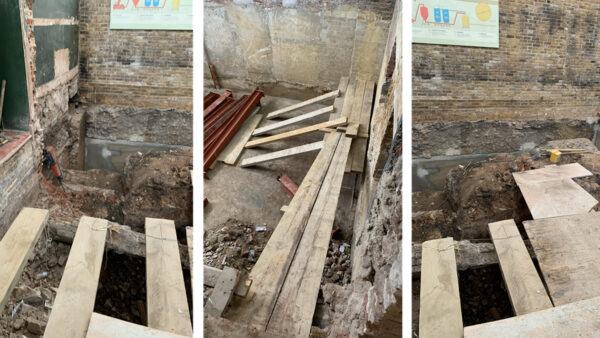
Persimmon has defended its business model in response to critical press reports, as the firm this morning announced a 13% jump in its pre-tax profit to nearly £1.1bn in its final results for the year to 31 December 2018.
The housebuilder, which participates in the government’s Help to Buy scheme, completed 16,449 homes during the year with an average selling price of £215,563 (up 1%), and total group revenue increased by 4% to £3.74bn. Operating margins on new housing increased to 30.8% from 28.2% last year.
Shares in Persimmon fell nearly 6% on Monday morning following the reports, although they have recovered slightly this morning after the announcement of today’s results and are currently up 1.74% on yesterday’s close, trading at 2,393p per share.
Responding to the criticism of its business model, a spokesperson for Persimmon said: “Our performance over recent years reflects the group’s success in growing its construction volumes to meet UK housing need, particularly by offering attractively priced new homes to first time buyers.
“Since 2012 we have increased our output by 75% and invested £3.8 billion in new land. In late 2018 we announced a range of new customer service initiatives and we are confident that these will improve our performance once they have had time to take effect. We are also making a significant investment in training to address the shortage of skills in the industry.”
Persimmon also today announced the appointment of David Jenkinson as group chief executive. Jenkinson was appointed interim CEO of Persimmon in November 2018 after the departure of Jeff Fairburn, who became embroiled in a controversy over his remuneration – said to involve a £75m bonus – which the company said had become a “distraction”.
Jenkinson’s remuneration will not change with his new appointment and he will not participate in annual bonus arrangements in 2019. Nor will he receive an award under the group’s 2017 share performance plan.










